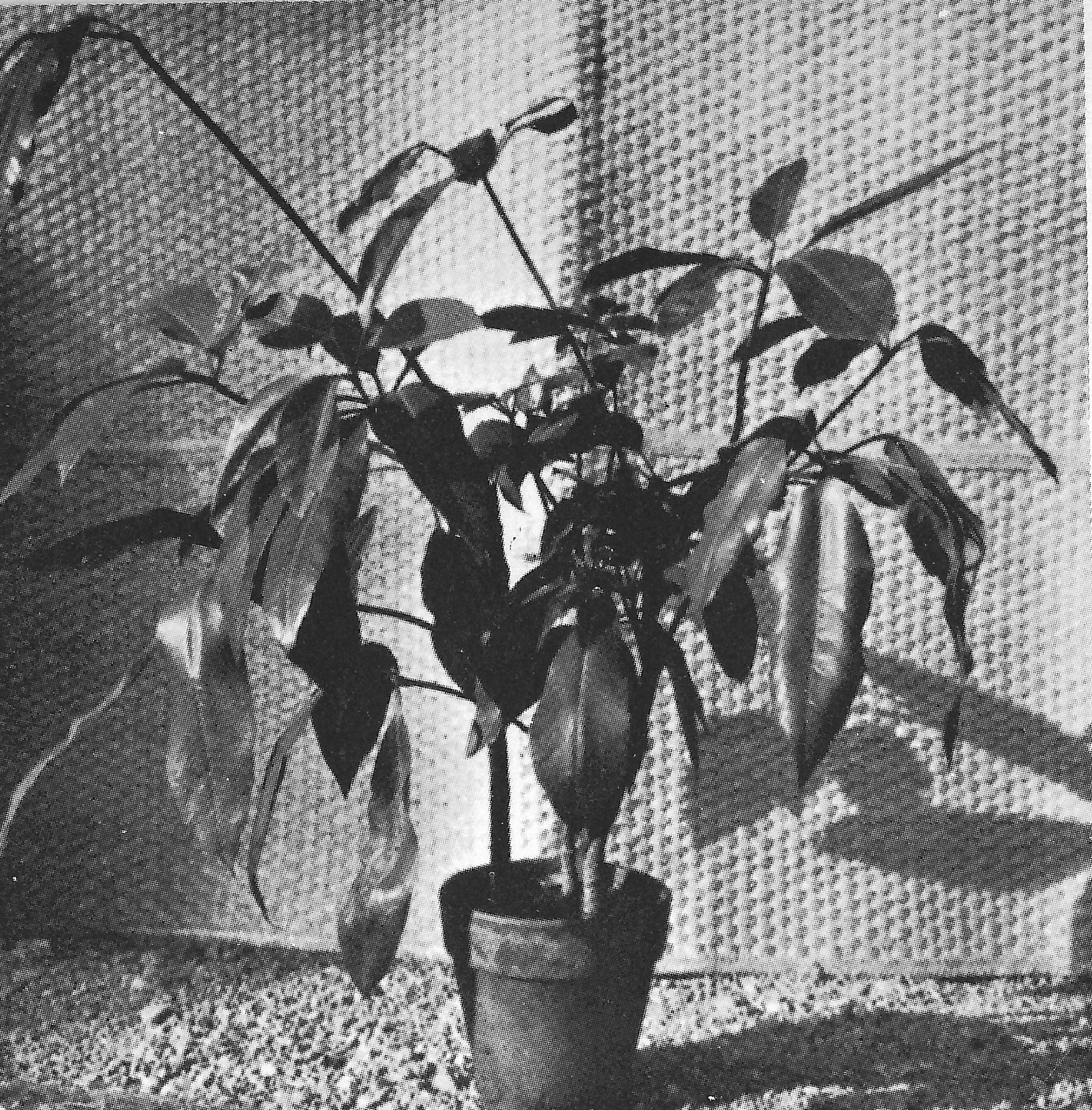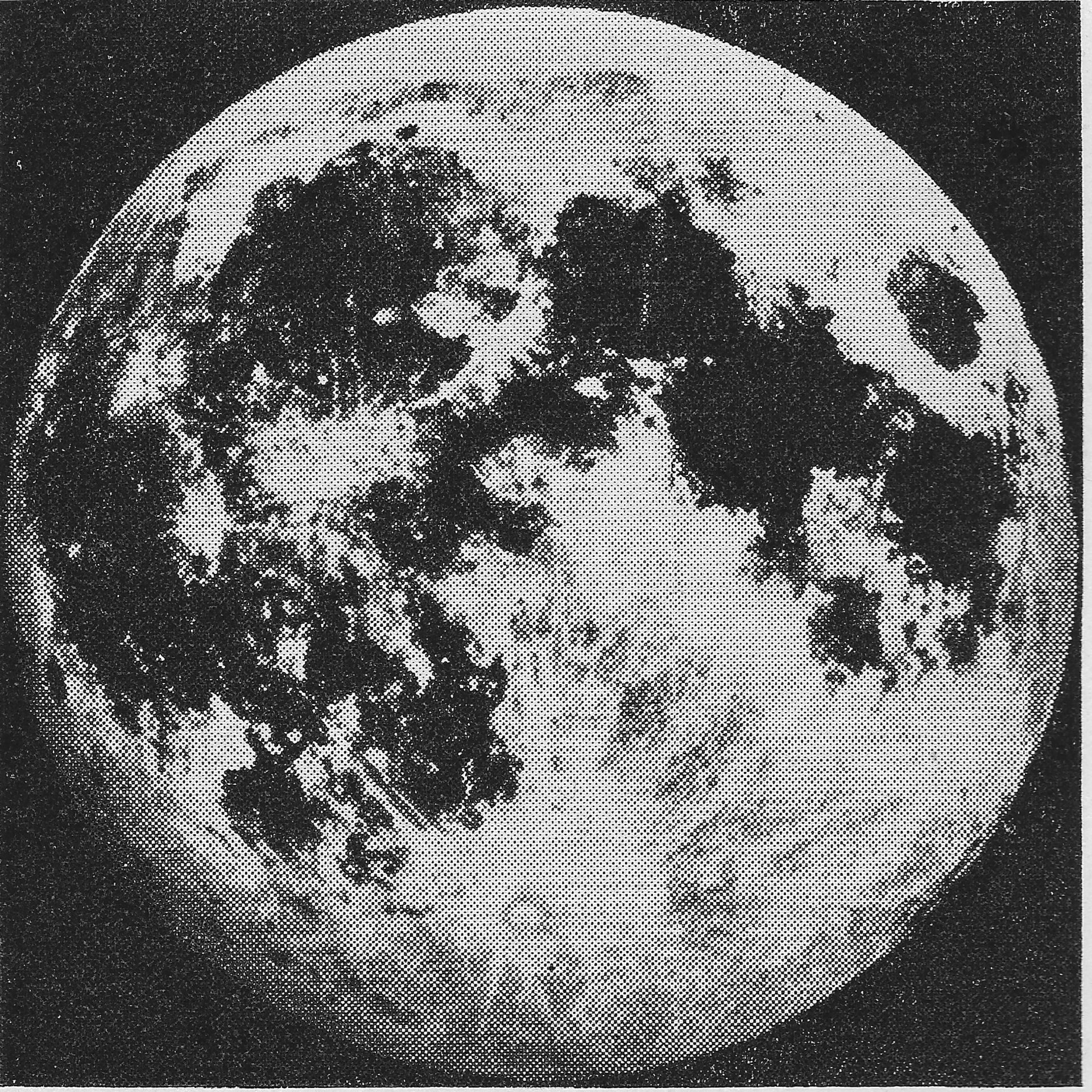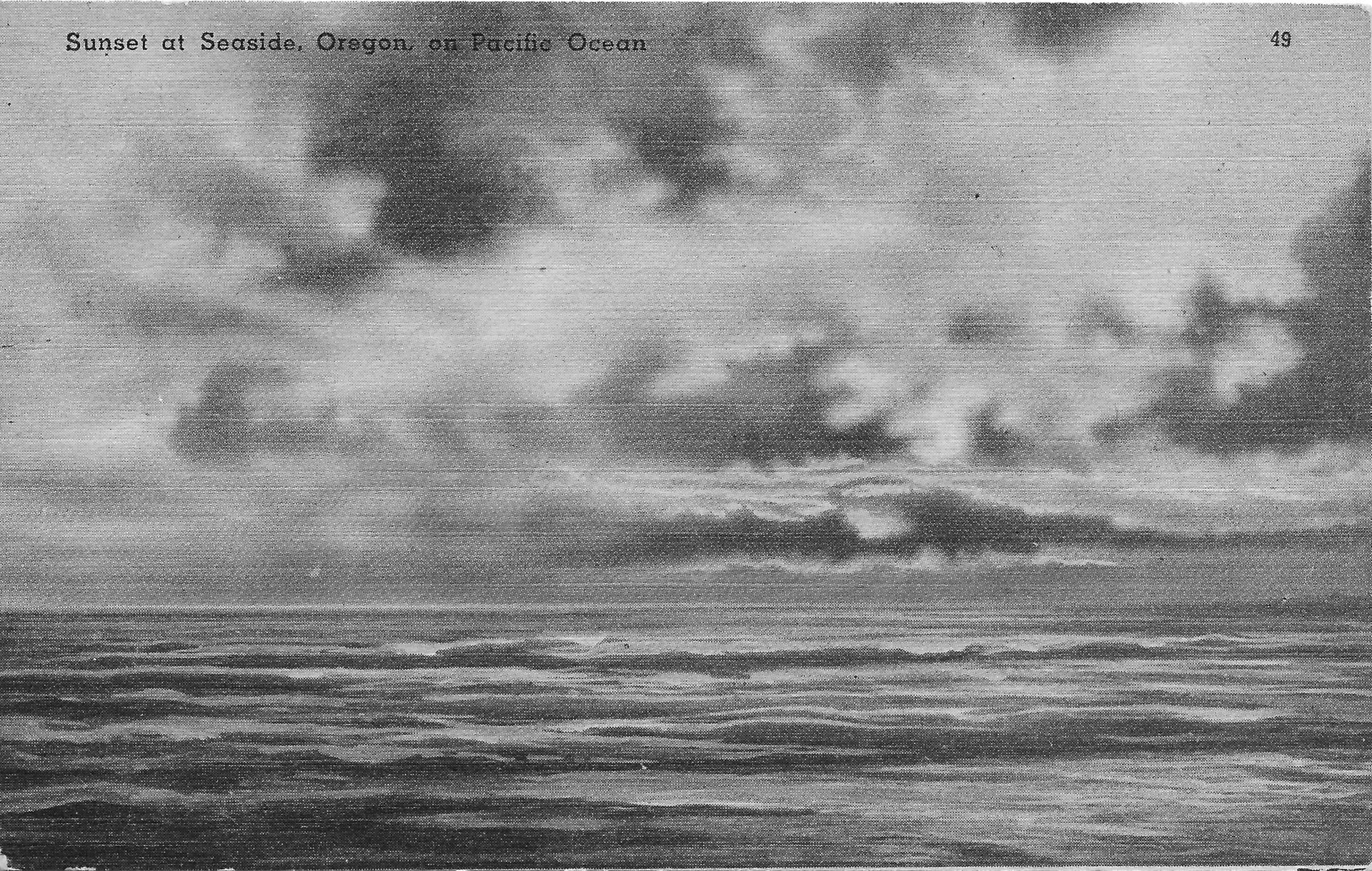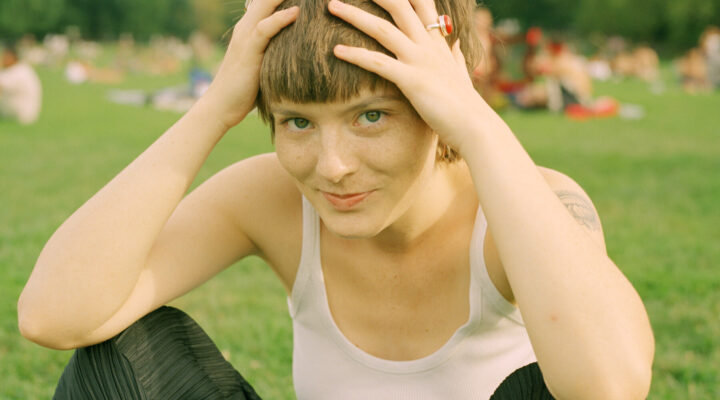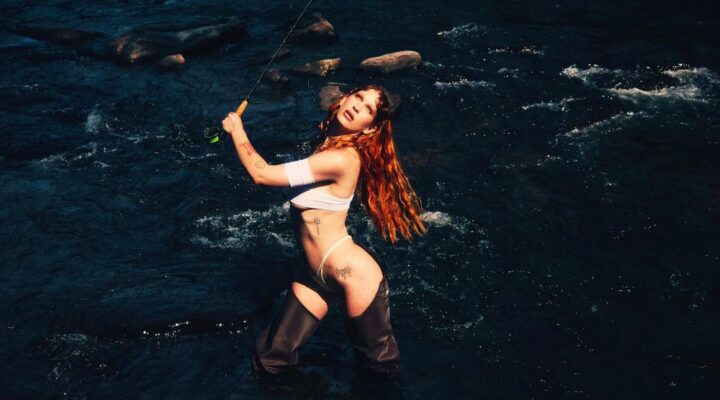An Interview with Félicia Atkinson
by Sydney van Nieuwaal
Images are from Félicia's ‘Audio Book’, released on Shelter Press.
The first photo is by Pierre-Yves Mingard.
Over a Zoom call I had a chat with Félicia Atkinson – a poet, writer and musician who can summon quiet but potent energies. We exchanged questions, answers and stories as stones, sand, spikes and droplets of rain started to orbit around us. Félicia took me on her journey(s) towards playing music. We wrestled a bit with what ‘itch’ and ‘greed’ could mean. We spoke about connection and the value of mystery.
This is an excerpt of the interview with Félicia Atkinson for Issue 8 of our publication ‘Sprout‘ – exploring the theme of Itch / Greed. Find the full interview in the publication, to be released on the 16th of March.
Félicia Atkinson plays together with Circular Ruins in Concertgebouw, Amsterdam on the 19th of March. The event is free for Subbacultcha members. Find more info here.

Hi Félicia!
Hello!
How are you? Can you tell us something about what you are going to play at Concertgebouw in March?
So, I composed a new live set for this year, with electroacoustics, grand piano, Fender Rhodes and voice. The electroacoustic part is composed and broadcasted on tape, and then the voice, piano and Fender Rhodes are improvised. This set-up recalls two things that are important to me. For one, it allows me to be in a written and constructed space. For another, it allows me to be inspired by ‘the now’. I have a new album coming up, which was supposed to be released this fall, but with all the pressing plant delays it’s scheduled for spring. In a way, this is great. It allows me to work on live versions of the album and adjust them simultaneously, since people haven’t heard it yet.
The record is titled Image / Language, right? What is it about?
Yes. The title sort of speaks for itself, but I felt the main inspiration for this record were speaking voices in film. You know, narrative voices. Especially those in Nouvelle Vague films from the 60s, or Chris Marker’s films. It’s about the idea that a voice can build a story in cinema, even without images. On the other hand, when you look at a painting or a landscape in silence, you can feel a strong desire for sound. It’s an isolated record. I really felt like going back in time. To the pre-internet time, where access to information was mainly found in things around you. Books and records, but also stones, the beach. Things waiting for you to open them. The idea of something waiting to be revealed, to be opened or be cracked.
Stones and geology are quite a recurring theme throughout your work.
That’s funny, because I think I wasn’t really interested in that as a kid. I mean, I enjoyed looking at fossils in a museum, but not compared to my own child, who’s really obsessed with dinosaurs, stones and things like that. But, this changed for two reasons. I lived in the Alps between 2013 and 2015, and suddenly I felt it. I mean, we’re all living on this gigantic rock. The only way to understand we’re little ants on a giant rock, is to hold a little bit of it. So, I started collecting rocks. In that same time, I started traveling to the desert in Arizona, New Mexico and California. So, I had those two opposites: the French Alps with a lot of water, and the desert as a dry, big, open and rocky space. It opened something in me. The idea that rocks are a kind of ‘pre-language’ – like an alphabet. Now I live by the seaside in Normandy, where the tides are very high. But, when the sea leaves, it’s like a desert. When the sea comes back, it’s completely different again – all connected to the moon. These spaces became something very inspiring to me. Also, my house is built with very, very old stones, dating back to the beginnings of humans. They were collected in a quarry close to here and used to build a fisherman’s house. And now I live here, centuries after. Somehow it feels like a recording. The idea of recording is interesting to me in music. The idea of leaving a trace… Of being able to be with someone through their recordings, even if someone is dead. I feel stones have that same power of traveling through time.
This reminds of the ‘stray’ boulders in Drenthe, in the Northeast of The Netherlands, from which people built burial chambers. Huge rocks that traveled here all the way from Scandinavia, moving through ice.
I love that. I went to Denmark last summer and visited the Museum of the Drakars in Roskilde. At this place where I now live, there’s this very old harbor where Drakars used to bring stuff for trades. There are routes by ice and by tides, and connections between places we don’t imagine. It’s incredible. Further, to think we can find seashells on the top of the Himalayas. Music has a similar power; letting instruments and melodies travel. Even within our minds.
How did those seashells get there?
Well you know, mountains rose gradually. The Himalayas were formed from the collision of the Eurasian and Indian tectonic plates. Hundreds of millions of years ago, the Tethys Sea hosted live forms that now are found fossilized in the Himalayas. I also read this very interesting book my husband Bartolomé suggested to me about the paradox of hiking in the Himalayas. It is called Mountains and Desire, Climbing vs the End of the World by Margaret Grebowicz (Repeater Books) It’s about how the desire to discover became a capitalistic thing. Of course, there are true hikers, but so many people wish to discover and destroy the Earth at the same time.
Chasing extremes and leaving footprints accordingly.
Exactly. I’m currently working on that same paradox, about the dunes that surround me in Normandy. They’re a great place to hike and record, but also; the less we impact them the better they’ll be. How to be inspired but preserve at the same time? Metaphors can be a place for these kinds of reflections about sustainability and creativity. I don’t have a proper studio at home. I mostly work outside, while walking, or in any room of my house. But, I’ve created an imaginary studio called ‘Studio Dunes’. Whenever I start working, I’m there. It’s my mind-studio in a way. I work there a lot!
So, for Sprout we focus on multiple interpretations of a single word. For example: we explored ‘sustain’, which can evoke sustainability, maintenance and perseverance, but also takes a role in the envelope of sounds in music. This issue has a double theme. ‘Itch / Greed’. What do those two words bring to you?
Itch, like itchy?
Yes.
It’s complicated… I don’t really build my music around negative terms. The only one I played with a bit was fear – which I believe isn’t really negative. But itch… and greed… I have no clue.
Well, to me the words ‘itch’ and ‘greed’ seem to talk with each other. The meanings of both words together invoke a subconscious desire and a sense of urgency. On first glance they might seem negative, but there’s a kind of positive flame within them together. With that thought, I wanted to ask you if there’s a desire or urgency with regards to your creation of music and art?
Desire for sure. But, to me, greed is something different. Greed has something to do with wanting to have something that’s not for you. To take something from someone else. Etymologically, it’s a sin. And itch is more about being in discomfort. But desire, especially in music, is something very important to me. If you go back to greed: rather than taking what isn’t yours, it can also be freedom. To empower yourself to do music, for example, even if you feel you’re not allowed to. For instance: on stage, I’m playing on a grand piano. That can be greed in a way, if I interpret your words. I have this desire to play on a gigantic instrument, while I’m not a pianist. There is some kind of irony, or at least an allegement of breaking conventions. Playing very simple melodies in a classical hall, on a beautiful piano. I also think this is freedom, because you can have respect for a space or instrument, even if you’re not going down the academic path – although I did study music, but I stopped a long time ago. What I learned from people like John Cage or Alvin Lucier, even if they were academics, is the openness of what you allow yourself to do. This could be my answer to greed. The idea of openness or freedom that people should allow themselves to play the instruments they like. To feel empowered to play is something already very impressive. It took me years to allow myself to play music, you know. Especially as a woman and also as someone coming from working class. The idea of having the freedom to do the music you want, in the context you want. That’s beautiful. I’m invited to play in the Concertgebouw in Amsterdam, which means that now there actually is an openness to experimental music in historical places, with historical instruments. It’s fantastic. And about itch… Discomfort is something that can really be interesting in music as a texture. When I first listened to contemporary music as a kid, I became really interested in that sound can feel itchy. Music you don’t feel really comfortable with, like a cactus. Cacti could be another entrance. I really like them. Not very pleasant, but interesting at the same time. Voila!
Something that’s not relaxing, but something that evokes.
Exactly. It’s important to me because we often describe ambient music as background music. You know, to lay down, chill out, and listen to post-club. It can be that and it’s really nice, but, I think in my area it’s not the only thing that I want to share with the audience.
If we step back a bit; can you elaborate a bit on why it took you long to play music? Why didn’t you feel that freedom, as you said: as a woman, coming from working class?
Well, I was born in 1981. When I finished high school, most of the musicians and artists taught at school and seen in concerts halls and museums were men. And, the teachers from university always had an opinion on what I should or shouldn’t do. Fortunately, I grew up in Paris and I was a baby sitter all through high school. With the little money I made I could buy tickets to see shows. I saw Björk, PJ Harvey, Mazzy Star, and Sonic Youth. Those musicians were a true source of inspiration to me. My father worked as a nurse and my mom as a librarian. Culture was the only value for them, and they were very good at finding free or inexpensive ways of access to it through libraries, radio, public events, etcetera. As a kid, I went to the public conservatory to learn music. But, It felt as if it wasn’t my world. I quit when I discovered indie rock. I was around 12 years old. It took me almost 10 years to get back to playing music. But I discovered Fluxus, punk and music which is played “badly”. Two friends and I created a band in 2002, called Anti-Chambre. It lasted a couple of months, I think. We would play instruments we didn’t know, in the dark. Therefore, no-one would know how to play what. Then I started another band, called Stretchandrelax, with my friend Elise Ladoué – a dancer. We would mostly play without any instruments, but just with objects and whispers. I had to do a whole detour to come back to “musical” music. Those were “itchy” projects for sure!
I want to ask you something in relation to my personal experience listening to your music. You whisper a lot, which makes me lean in and listen more closely because of that. Other than your voice, you use soft and very detailed sounds and weave them together in interesting ways. As if I’m walking through a space where all sounds are thoughtfully positioned. To me, you spotlight and shadow certain characteristics of these sounds. The slow pacing and often non-linear structure gives me a lot of freedom to touch, examine and compare, but I’m restrained from repositioning. Do you often hide things from the listener?
Absolutely. One second, I have to put a log in the fire…
Well, ‘the hidden’ is very important to me in music. I think music is about mystery and reconciliation. Music can transform things into a kind of a code. Where if you take language, you can find this in poetry. The idea that sometimes meaning is not enough. Then you have to step back and look further than meaning to be in the experience. I think one of the truths of any experience is that you don’t understand it. You have a relationship to ‘the whole’ that can’t be complete. I mean, we can’t embrace the whole Earth, the whole cosmos, but we can somehow accept by not knowing everything that we embrace it all. It’s the same with music. It’s icebergs.
On your latest record with Jefre Cantu-Ledesma there’s a track called ‘The Hidden’. Why is it called that?
Suddenly I had these words in my head. The hidden. I think that’s a really nice title for music. You know, it’s like when you picture an unicorn. Even if it doesn’t exist, by picturing it, it exists. If I say ‘the hidden’, then something is hidden. It’s the power of words. I like titles that bring some kind of magic to the music. Like a key.
Like a map to help you explore what’s in the sound!
Yeah, exactly.
Your music often features speech, frequently in the form of whispers. You spoke about how whispering is a femisinst approach to you; about going inside somewhere and claiming territory. What territory are you entering? And what are you exploring there?
I don’t know. If I only knew! I think the territory of mystery, again.



